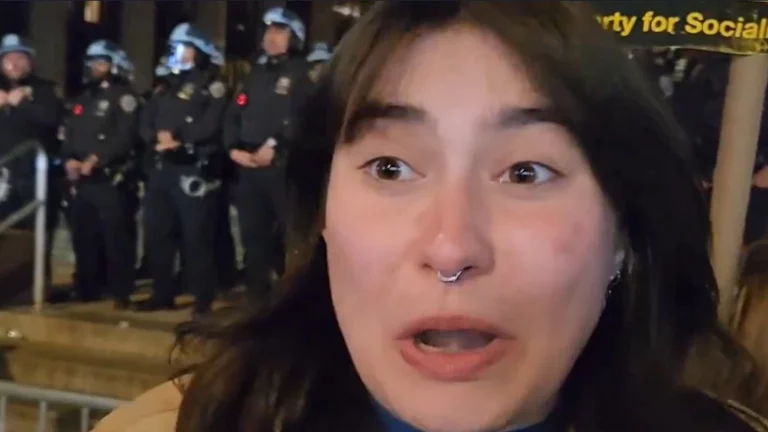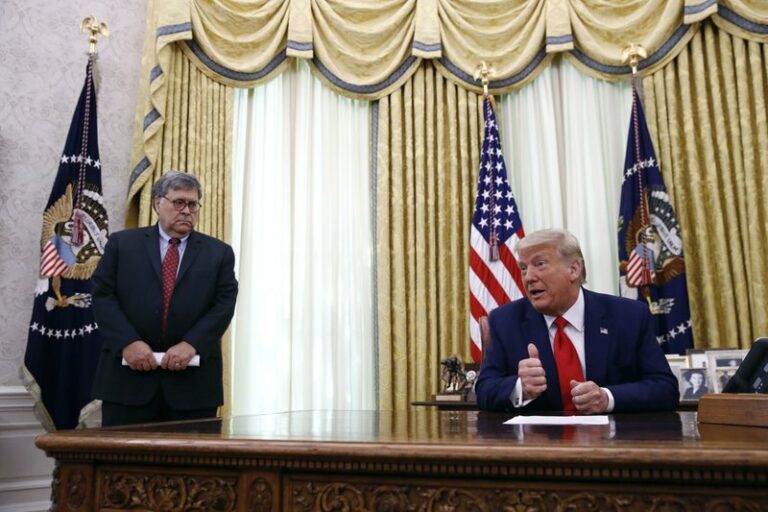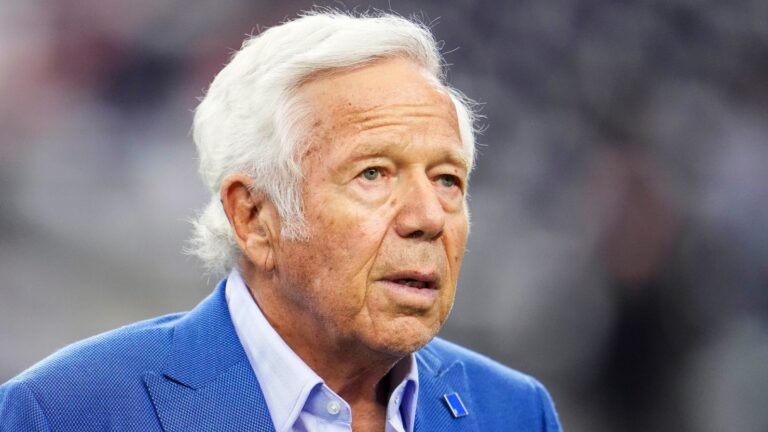 The U.S. economic stimulus package neared $900 billion in the Senate, as President Barack Obama wooed Republicans ahead of an expected House vote Wednesday.
The U.S. economic stimulus package neared $900 billion in the Senate, as President Barack Obama wooed Republicans ahead of an expected House vote Wednesday.
The rare trip by a president to Capitol Hill revealed the urgency in Congress and the White House over a cure for the souring economy. More than 70,000 layoffs were announced this week and fresh data showed U.S. unemployment last month rose in all 50 states.
The day was marked by Democratic deal-making to win support from skeptical Republicans. The Obama administration sweetened the deal by indicating it would add a $69 billion proposal to shield tens of millions of middle-income Americans from the so-called alternative minimum tax, a priority of Iowa Sen. Charles Grassley, the top-ranking Republican on the Senate Finance Committee. White House officials also spread the word that Mr. Obama was willing to drop a proposed expansion of contraceptive coverage under Medicaid that has become a symbol for Republican critics.
The magnitude of the spending bill, and its urgency, drew a swarm of lobbyists seeking money and tax breaks. The concrete and asphalt industries battled over how the government should spend billions proposed for road and bridge repairs, while dairy and beef cattle producers butted heads over talk that the government might buy up dairy cattle for slaughter to drive up depressed milk prices. Unions backed infrastructure spending. States sought budget bailouts.
The economic stimulus package proposed by Democratic House leaders includes three broad pieces: a $365.6 billion spending measure for such brick-and-mortar projects as highways and bridges; a $180 billion measure to boost jobless benefits and Medicaid, among other things; and a $275 billion tax-relief package, which includes a plan to give a $500 payroll tax holiday to all workers, a proposal from Mr. Obama’s presidential campaign.
The Democrats controlling Congress have the votes to pass a stimulus bill. But Mr. Obama would like to gain broad support and win over some of the Republicans seeking less spending and more tax cuts.
“I would love to not have to spend this money,” Mr. Obama said, according to individuals familiar with the president’s meetings with Republicans. Mr. Obama defended the plan, but suggested he’d be open to new ideas to help small businesses and that changes could come after the House vote.
“We’re not going to get 100% agreement, and we might not even get 50% agreement,” Mr. Obama told reporters after he left the Senate Republican lunch. “But I do think that people appreciate me walking them through my thought processes on this.”
(Source: WSJ)






4 Responses
How are the republicans going to let him steamroll right over them? Is there any chance of a filibuster? If they go along, they’re going to let him feel right from the beginning that he has all the power to do whatever he wants.
I’m sure there must be some technique used in professional sports to deal with a very talented player, whose super-ego doesn’t let him work/get along with anyone else.
While the proposal is hardly a “stimulus” package, it is an effective “relief” package which will avoid some of the problems caused by the economic crunch (such as states and cities going broke). Given the huge amount of money that vanished from deleveraging, it won’t be very inflationary but might minimize the danger of deflation.
The Republicans don’t want to be blamed for inaction, but need to be in a position to say “I told you so” next election.
i think it is really stupid for obama to use the rest of the money…if you took the origianl $700 billion and split it between all the families in america each family would have gotten between $7,000 and $10,000 (est. 80 million families) even now with $350 billion that means that each family would get between $3,500 to $5,000 (and it would be put to a lot better use then in CEO’s pockets or on spas).
even if the goverment had wanted to give it to buisness they could have gave 1 million small buisnesses originally $700,000 (now $350,000) or 500,000 small buisness originally $1,400,000 (now ($700,000) (rather than to a few big banks which just use it to buy more banks rather than lend the money out).
oy will we have to pay this back + one day!